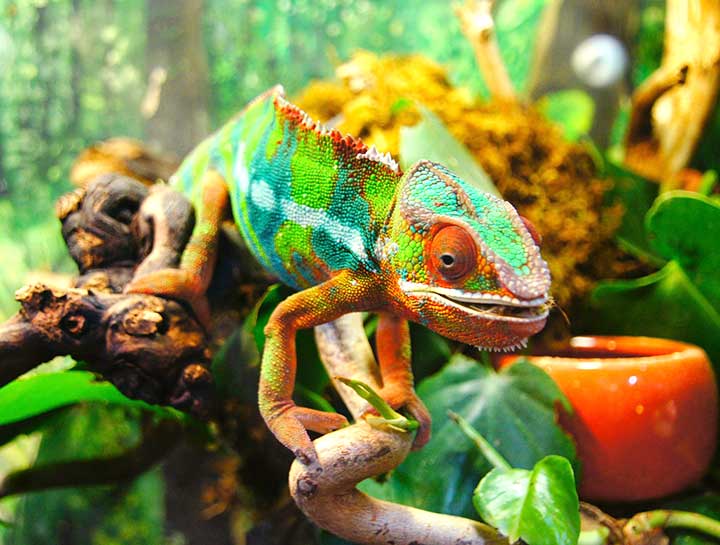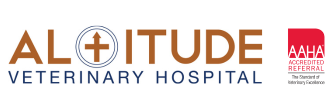Feeding Our Insectivorous Pets

An important aspect of caring for our pets is providing them with a high-quality diet. Feeding a high-quality diet is going to improve the health of our animals and decrease the likelihood of disease. If we feed a poor diet, we can expect poor health.
An insectivore is an animal that eats a diet that consists mainly of insects. This group includes mainly lizards, most amphibians, some turtles, and a few snakes. Insects are deficient in Ca, vitamins A and D, and some B vitamins, but are good sources of protein, essential amino acids, fiber, trace minerals, and vitamin E (with exceptions). So, if we do not supplement the insects we feed our insectivores we are predisposing them to Calcium deficiencies, Vit. A deficiency, obesity, and hepatic lipidosis among other problems. If an insectivore is not given an appropriate amount of calcium in their diet, their body will start to pull calcium from other areas including their bones. This will weaken their bones and predispose them to fractures. Gut-loading insects, dusting with calcium, and offering a wide variety of prey insects will ensure that your insectivore receives proper nutrition.
If we feed nutritionally deficient insects, then our pets will become nutritionally deficient. Before feeding the insects to our animals we must feed the insects themselves, which we call “gut loading”. Gut loading is a way to improve the nutrition of the insect. They should be fed 1-3 days before being fed to our animals so that their digestive tract is filled with calcium and vitamins that are then passed on to our insectivore. I recommend Mazuri Hi-Ca Gut Loading Diet (8% Calcium) as the only source of food for prey insects. Do not feed insects other foods, including vegetables, because they will eat tastier alternatives to the high-calcium diet. Standing water has been a concern for insects, due to insects drowning, but water cubes should be avoided because they provide no nutrition, instead a water-soaked cotton ball or damp paper towel can be used. Not all available gut-loading diets are the same, and some contain no more calcium than unfortified diets, despite what the label claims.
Before feeding the gut-loaded insects dust them with a calcium powder (No Vit. D) by putting them in a plastic bag with the calcium and shaking. The powder will only stick to the insect for a couple of hours so any uneaten insects should be removed from the enclosure and dusted again at the next feeding.
Insectivores need variety in their diet and should not be consuming the same 2 or 3 insects all the time. Store-bought insects such as crickets, waxworms, mealworms, super mealworms, and Dubia cockroaches should be supplemented with commercially available silkworms, black soldier fly larvae (Phoenix worms), tomato hornworms, bean beetles, fruit flies, springtails, and woodlice, as well as
wild-caught, seasonally available insects such as moths, cicadas, flies, grasshoppers, katydids, bees (remove stingers), cockroaches, and crustaceans, such as pill bugs. Pesticides are rarely a problem, but if the environment was just treated with a pesticide/insecticide, or the insects appear to be dying, avoid using these bugs as a food source. Fireflies are toxic and should never be fed. Larval insects are high in fat and should not be overfed.
Good nutrition is essential to the long-term health of your insectivore. Make sure all purchased insects are properly gut-loaded and dust all insects with calcium just before feeding. Provide a diverse variety of insects, both store-bought and wild-caught. Good nutrition is essential to ensure a healthier longer life. If you suspect your reptile or amphibian is already suffering from a nutritional deficiency seek veterinary attention right away.
